The Ultimate Do Not Dehydrate List
Here is the ultimate do not dehydrate list … and ways that you may be able to do it anyway! Learn to dehydrate food safely for your pantry!

Have you ever wondered if there are foods that are not safe to dehydrate?
There are so many wonderful foods that are made shelf-stable by dehydrating. There are even some unique dehydrating projects you may never have thought of before.
Some foods are best to be preserved through canning, freezing, and freeze-drying for various reasons.
Why are some foods not safe to dehydrate?
- Fat & Oil – not only can fat and oil inhibit efficient drying, they also create a problem with rancidity on the shelf, especially after they’ve been heated. This isn’t necessarily a safety issue, but a stable storage issue.
- No safe testing available – some items have had no testing to prove the food’s safe dehydrating and/or storage. It’s not that these foods are unsafe, but there is no proof that they are safe.
- Salmonella issues – sitting in temperatures that may or may not get to the required safe heat will be problematic. Dehydrators cycle heat; they are not constant, so your food does not stay at a safe 165°F/70°C for things like eggs, chicken, beef, etc.
While you may hear stories of people who dehydrate these things and are fine, start your dehydrating journey with safe procedures, learn about the basics of safe dehydrating and storage before moving to branch out.
The Ultimate Do Not Dehydrate List
Some of the most often questions I am asked are:
- “Can I dehydrate eggs?”
- “Can I dehydrate milk?”
- “Can I dehydrate cheese and make my own cheese powder?”
So I’m answering all of those questions in one place! Yes, you can … BUT!
Are avocados worth dehydrating?
The fat content on avocadoes is high. Dehydrating is fine, but will take a while. The issue is with storage. Rancidity will ruin your avocadoes unless you store them in the freezer.
HOWEVER — avocado crisps are a thing – and you can try them at home! Just remember they are a snack, not a storage item.
Instead, freeze avocadoes for use later!
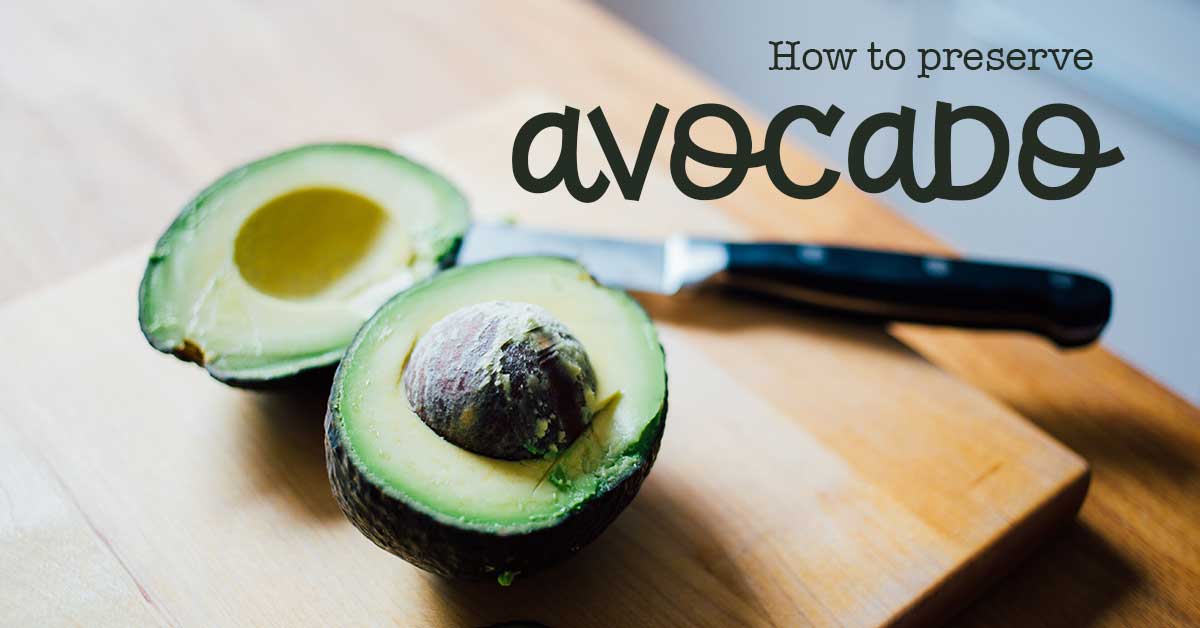
Is Butter Safe to Dehydrate?
Not only is fat an issue, but the mess that comes with dehydrating butter should make you run. Even the best silicone lipped trays can’t contain the mess of melted butter.
Alternatives to shelf-stable butter: DIY Ghee, commercially produced butter powder, or beans as a fat replacement (source: National Institutes for Health)
Can I Dehydrate Cheese?
Like other dairy, cheese’s fat content makes it hard to store safely for long-term unless you put it in the freezer (and then what’s the real point of going through all that work?)
Plus you have to run into issues of bacterial issues with the way cheese is produced. The NCHFP has not tested the safety of dehydrating cheese, and because there are so many factors in the way cheese is made, do not recommend for dehydrating and long-term storage.
- Mid-range cheeses: While you can do softer cheese like cheddars, they require a lot of maintenance to blot away the fat that forms on the surface, both during the process, and after. And the powder that you make from it is not shelf-stable, either.
- Soft Cheeses should never be dehydrated. Cottage, ricotta, and brie all fall into this category.
- Hard Cheeses: You can dehydrate hard cheeses like parmesan for some great snacking chips, to put aside for storage. However, if you live in warm climates or have food storage that cannot be cooled sufficiently, I do recommend storing in the freezer.
A better alternative for long-term storage: freeze-dried cheese, cheese powder
Can I Dehydrate Ketchup or Mustard?
Many condiments are full of sugar, which becomes tacky and gummy in humidity. While moisture absorbers can help with humidity, sugar actually has an issue with compression more than moisture.
You also need to be careful of hidden oils and fats in many recipes that will make them go rancid more quickly than you think.
- Mayonnaise
- Gravy
- Hollandaise and other dairy sauces
- Oil-based sauces
HOWEVER — Dehydrating condiments for short-term use helps with pack weight for hikers, and ease of use on the trail. Some condiments like hot sauces and salsas and even mustards do great for long-term storage and are useful as powders on their own.
- Ketchup
- Picante sauce/salsa
- Siracha and other hot sauces (if they have oil, be wary of rancidity in long-term storage)
- Mustards
- BBQ sauce
Can I Dehydrate Milk Safely?
Like eggs and cheese, dairy is not recommended for dehydrating.
The National Center for Home Food Preservation says:
“Dairy and eggs are not recommended for home drying because of the high risk of food poisoning. Commercially dried milk and egg products are processed rapidly at temperatures high enough to prevent bacterial contamination. Home dryers cannot duplicate this process, and the safety of home-dried milk and egg products cannot be guaranteed.”
National Center for Home Food Preservation
If you want to experiment, use 1% or nonfat milk for storage. Though there is little nutrition left from the pasteurization process, especially in the low and nonfat varieties, these will be the safer milks to try on your own. but realize that the shelf life is much lower than other dehydrated products.
Alternatives: sour cream powder, heavy cream powder, milk powder,
Can I Dehydrate Eggs?
We’ve all heard the stories of powdered eggs in institutional cooking. They don’t have a great reputation. But more than the taste and texture is the safety aspect.
Eggs (as well as dairy products) are items that the NCHFP has not tested, so there is no proven safe method for dehydrating at home.
Raw eggs should never be done if they are purchased from a US commercial store or a producer whom you do not know their safety precautions. Because of the risk of salmonella, it’s recommended not to dry raw eggs at home.
However, using pasteurized eggs or fully cooked eggs (to 165°F) may be a safer alternative if you want to make powdered eggs. Though the results are not always well received, it may be a safer alternative for you if you need to process your home-grown or pasteurized eggs.
Alternatives to shelf-stable eggs:
- For binding: chia seeds
- For baking: applesauce, chia seeds, freeze-dried eggs
- For eating: freeze-dried eggs
Or use one of these nine ways to preserve eggs

How to Safely Dehydrate Meat
Before you all scream, “BUT WHAT ABOUT JERKY!”, hear me out.
Meats that are high in fat are not suitable for long-term storage unless placed back into a freezer. Fat turns rancid and becomes unsafe to eat.
- Chicken and poultry should only be dehydrated for humans if precooked to 165F degrees, not raw (though raw chicken is safe to dehydrate for dog treats). Their texture can be iffy once rehydrated. Canned chicken (or pressure cook your own) may be a better dehydrating option for humans because the texture comes out better.
- Hamburger meat can be dehydrated, but I suggest boiling hamburger instead of browning and using the leanest hamburger meat you can find (and again, storing in the freezer for the most optimal storage). It can be removed for short-term needs.
- Jerky – Use safe jerky techniques, recipes, temperatures, and storage.
Properly dried jerky will keep at room temperature two weeks in a sealed container. For best results, to increase shelf life and maintain best flavor and quality, refrigerate or freeze jerky.
https://nchfp.uga.edu/how/dry/jerky.html
There are curing techniques to help with longer storage, but as you begin on your dehydrating journey, work within these guidelines until you’ve grown in your ability.
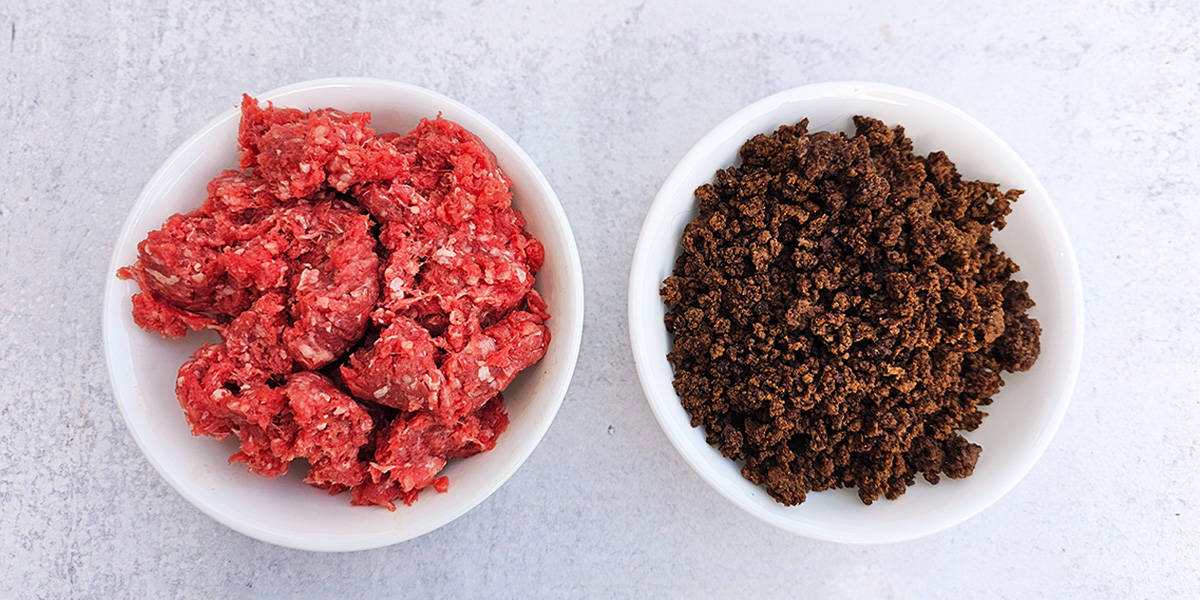
Can Nuts be Dehydrated?
Nuts don’t need to be dehydrated for storage. The natural oils make them not suitable for long-term storage anyway. They are best stored in a freezer if you have the space.
However, you CAN use your dehydrator to dry out raw nuts that have been soaked to help make them more digestible for your system. They will not have the roasted flavor, but it’s a great use of your machine.
They still need to be stored in the freezer to extend their shelf life because they will still turn rancid over time.
Use one of these alternatives for long-term storage of nuts.

Can I Dehydrate Olives?
Olives are so great, and you’d think they would be like pickles — salty, savory, chewy. And they are. The only problem is that the oils in olives make them a risk for rancidity in long-term storage.
The awesome thing is that olives can be dehydrated and make a great awesome short-term snack. They lose a little of that sharp, briny flavor and mellow out a bit. Hikers/backpackers often use them as a treat in trail mix for that potassium boost, and I make an awesome olive powder dip without the weird texture of chunky olives!
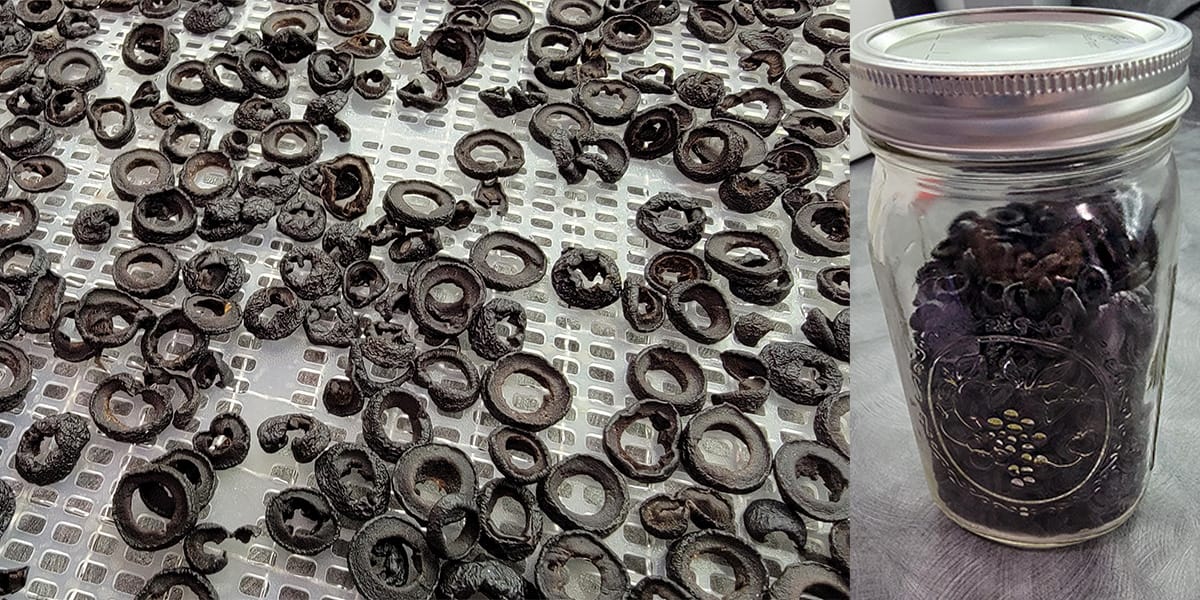
Can I Dehydrate Honey?
Yes, honey CAN be dehydrated, but there are a couple of things to consider.
It’s a mess! Truly is, so you really need to want it to do this project.
- Pour it out onto fruit leather sheets or parchment paper and spread thinly.
- Dry it at the temperature of your choice – but I’d suggest 135F. This could take a few days to accomplish.
- Store it in the brittle form and powder as you need it as it will be prone to clumping because of the natural sugars. While the powder should be like sugar and last forever, any moisture will make it clump very quickly, so if you prefer the powder, store with a desiccant pack.
TIPS: Remember, if you are using raw honey for health benefits, drying it in the dehydrator needs to be below 115°F/35°C to keep any of those benefits.
Also, if you are using commercial honey and not locally sourced raw honey, the corn syrup that may be added to the honey will make this a harder project to accomplish because corn syrup does not dehydrate well and makes things even stickier.
Processed Foods
Generally, there are enough preservatives in processed foods that there is no reason to dehydrate them to extend their storage life. That’s best done with proper storage techniques:
- Remove from original packaging
- Store in airtight containers (vacuum sealing is best)
HOWEVER — you can use your dehydrator to refresh some of those processed foods that may have gone stale. It doesn’t work if it has gone rancid, but for things like crackers or cereals that have gone a bit stale.
You can also dehydrate store-bought baked goods to make a mock biscotti to extend their life if you haven’t eaten them completely for some reason. They aren’t suitable for long-term storage, but drying them can elevate their usefulness for your family.
Final thoughts:
So here’s the deal. Everything CAN be dehydrated, but it’s not always best to dehydrate it – especially in light of long-term food storage.
A good rule of thumb is:
Your kitchen, your choice, your responsibility.
— Leisa Sutton, SuttonsDaze
Be sure to:
- Educate yourself.
- Experiment.
- Learn from others.
- Be safe.



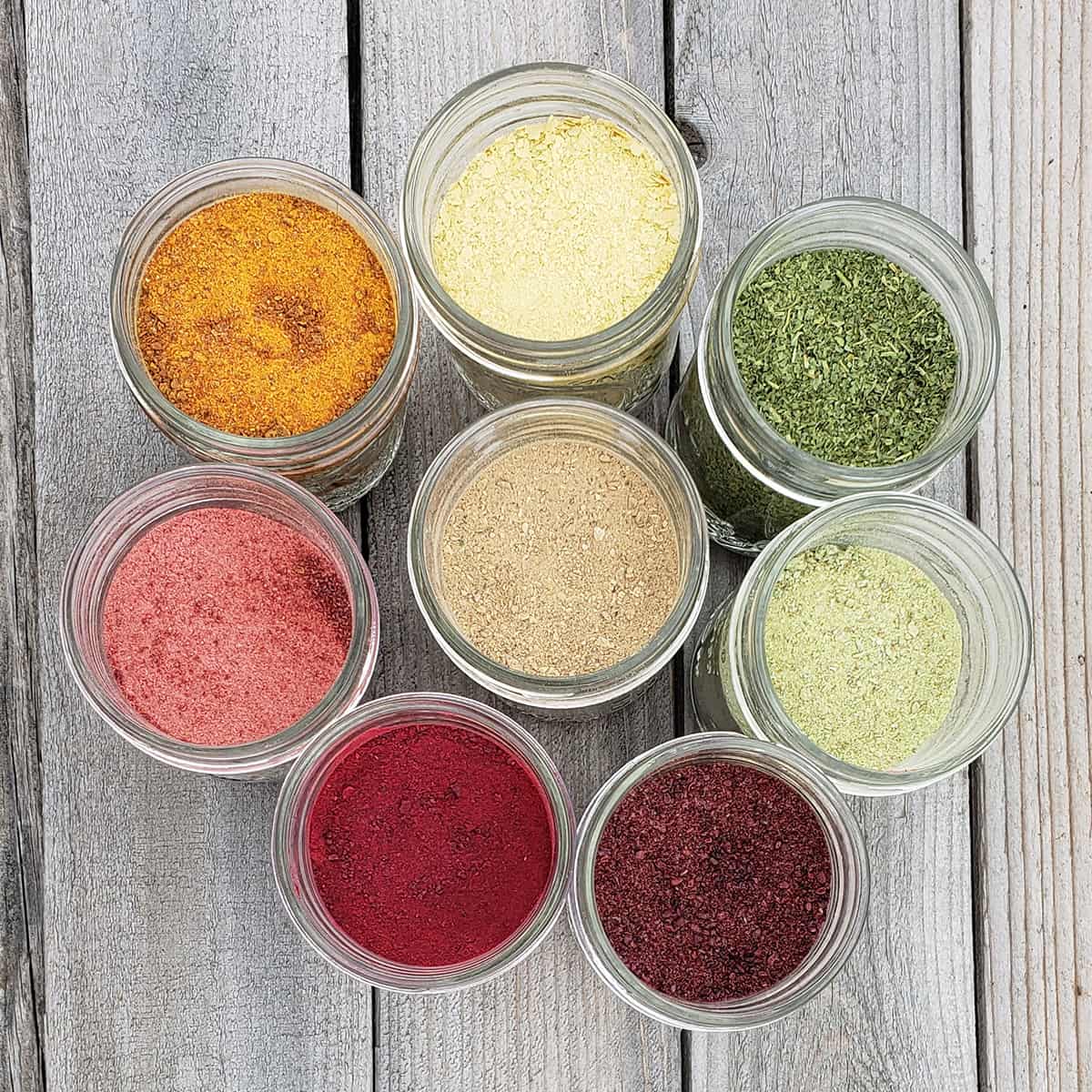
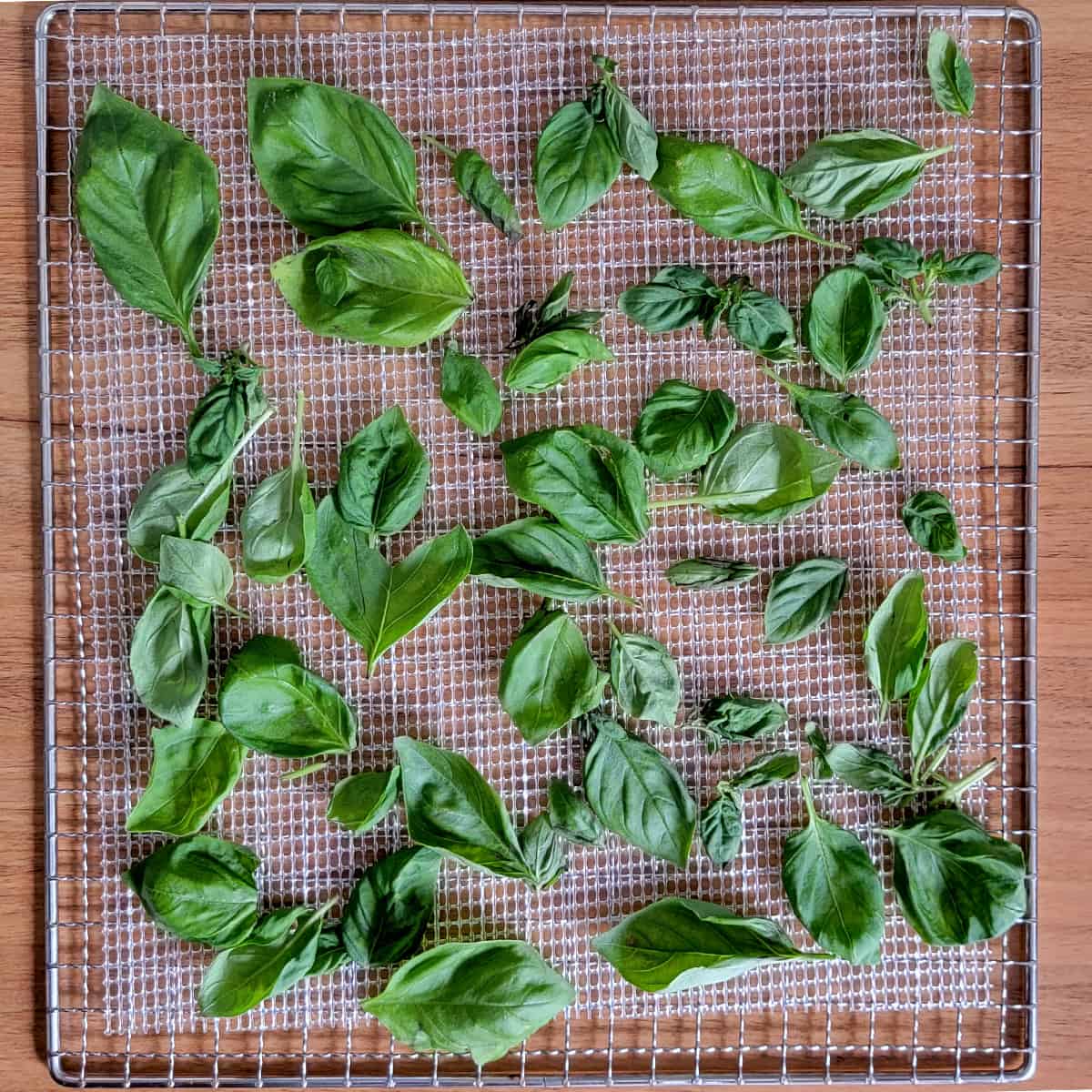
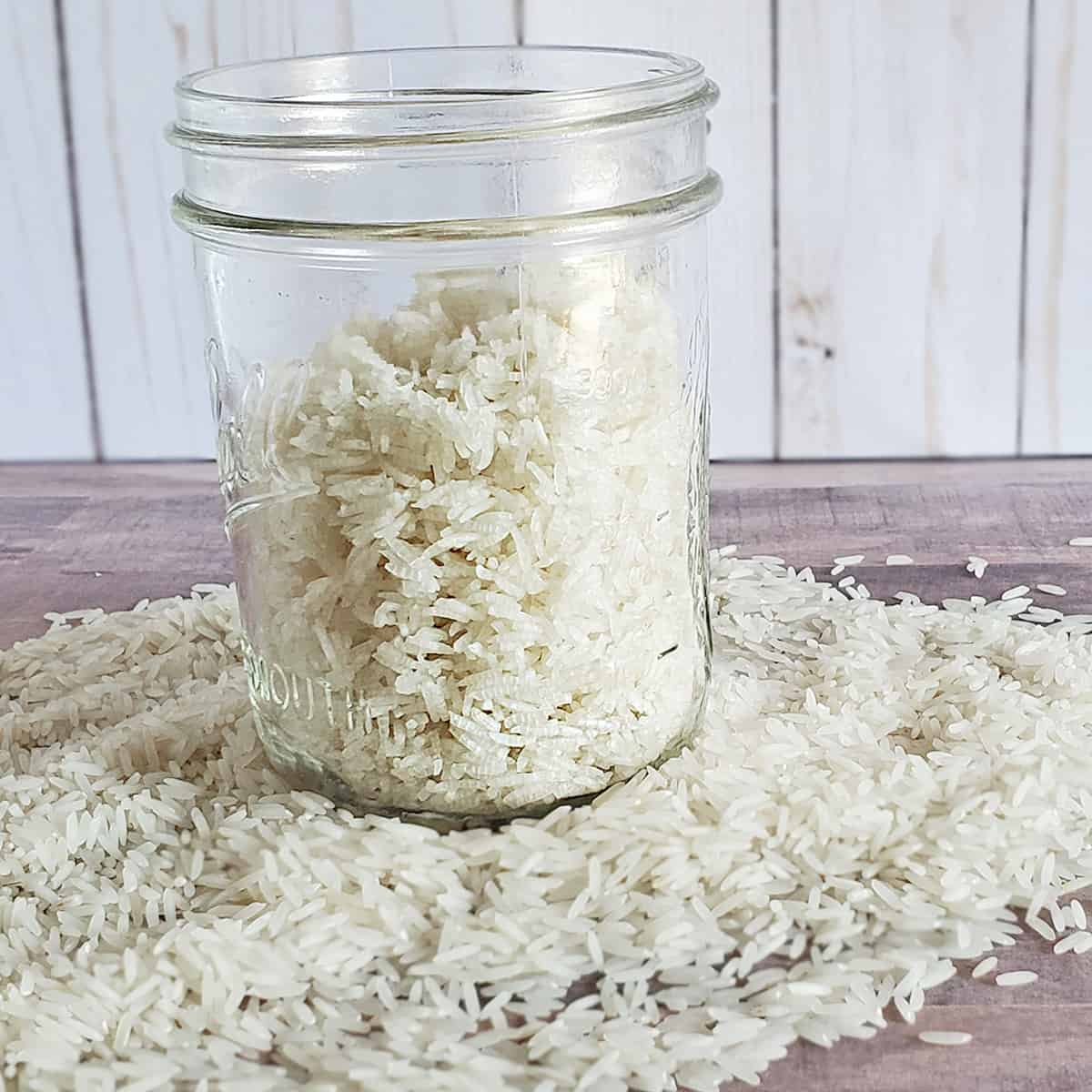

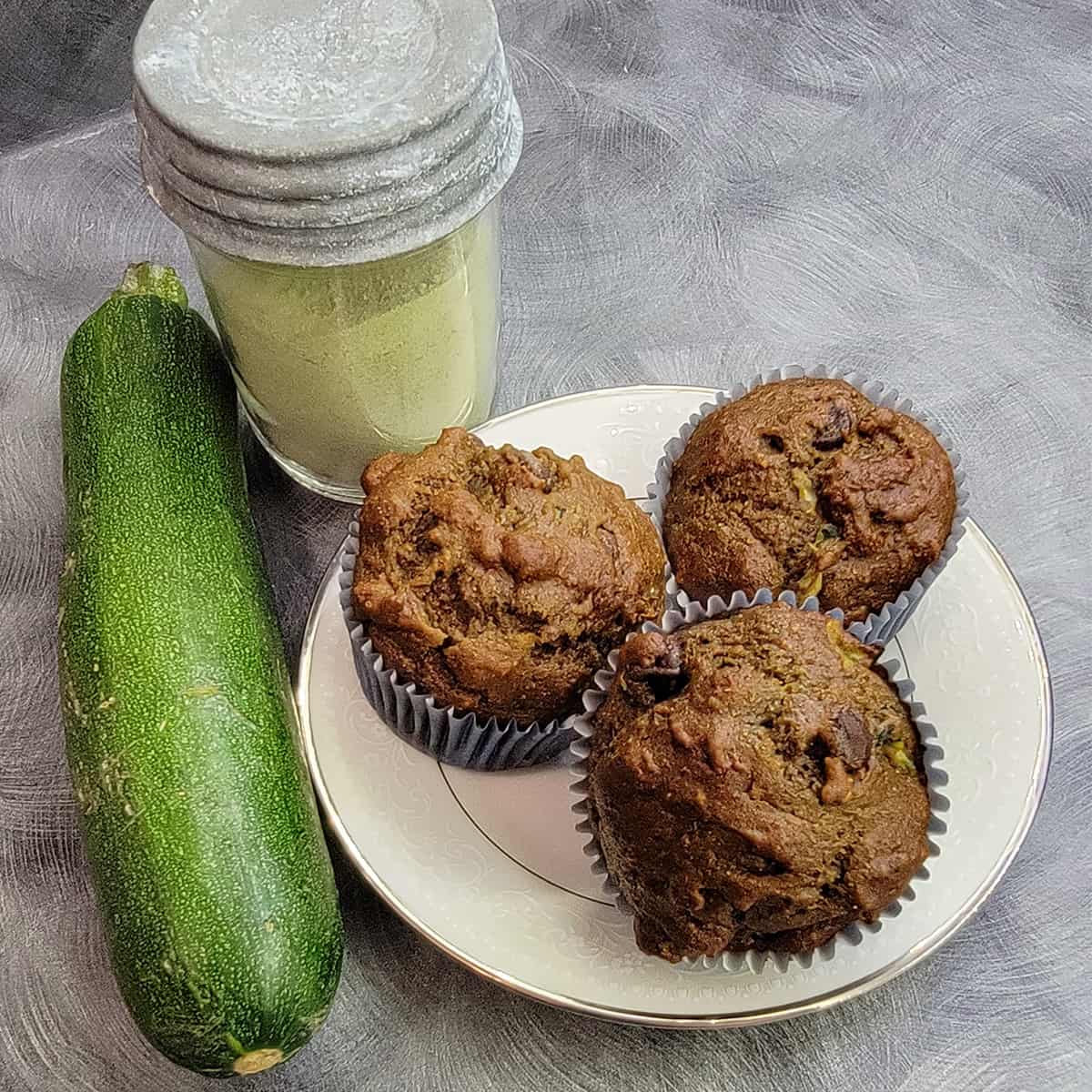
I’m going to have to disagree on the eggs. I’ve read the extension services’ blurbs (with no reference to the actual study sources) that salmonella can grow on eggs when kept at lower temps for some time and can remain on dried items (although at that time it will not increase), which is true. But people waterglass eggs or coated them with oil and keep them at room temp and as long as they are cooked, there have not been problems, so temperature can’t be the only factor yet it’s the only one cited. I haven’t seen any evidence that people have been or are being made sick by home dehydrated eggs as long as they are stored properly, in sterilized jars or bags, vacuum sealed, and then fully cooked when used. If you can point me to the evidence, rather than just recommendations, I’d like to read that. But so far, not one blogger who doesn’t recommend it has been able to provide the evidence. I DO APPRECIATE that bloggers want to provide what they believe to be the safest methods they know of. I’m only suggesting that there are plenty of safe and tried and true methods that are being discouraged.
You can disagree all you want, Allison – but this is the ‘safest’ method which we support here. You can choose to do as you wish in your own home The fully cooked part is the issue — the chance that you have something and then don’t fully cook and harm your family is what the NCHFP teaches against in all it does, even with canning. So again – choose to do as you wish in your own home 😉 I provide all the ways to do it – your choice, your home.
Hi,
I’m dehydrating some meals for my son who will be camping for 4 nights. I am currently dehydrating a store bought butter chicken sauce but then realized one of the ingredients is cream. Should I be worried? Is the cream content likely low enough that it will be fine? Thoughts? It’s the Costco product KFI
It’ll be fine for short-term. Keep it in the freezer until his trip. let it come to room temperature before you pack it, and he’ll be fine.
I just finished dehydrating 4lbs of frozen shredded hasbrowns. So easy to do. I have a feeling I will be getting requests from family members lol.
Awesome!
This list is Awesome–Great Knowledge shared such a blessing
thanks again Darcy for all the information you provide
You’re welcome!
This is a fantastic resource! Thank you!
Glad you found it helpful.
I have 3 dehydrators and do lots when gardening season has arrived. Although I can and freeze lots also. I wish the freeze dryers weren’t so expensive because I would love to have one of those to go with all the other methods of preserving.
They are expensive, but they do have a layaway option if it helps you at all. You can check here (my affiliate link) https://affiliates.harvestright.com/492.html OR..you can click that link, to go the bottom of their page and enter their monthly contest to give one away.
Did not know there were options like that available. Thank you!!
Ellie, do you have neighbors who might be interested? Perhaps a local meetup group about drying food? If you have 5-6 people interested in “time share” you could all pitch in, locate it centrally to you all, and everyone who invested would get drying time.
-April